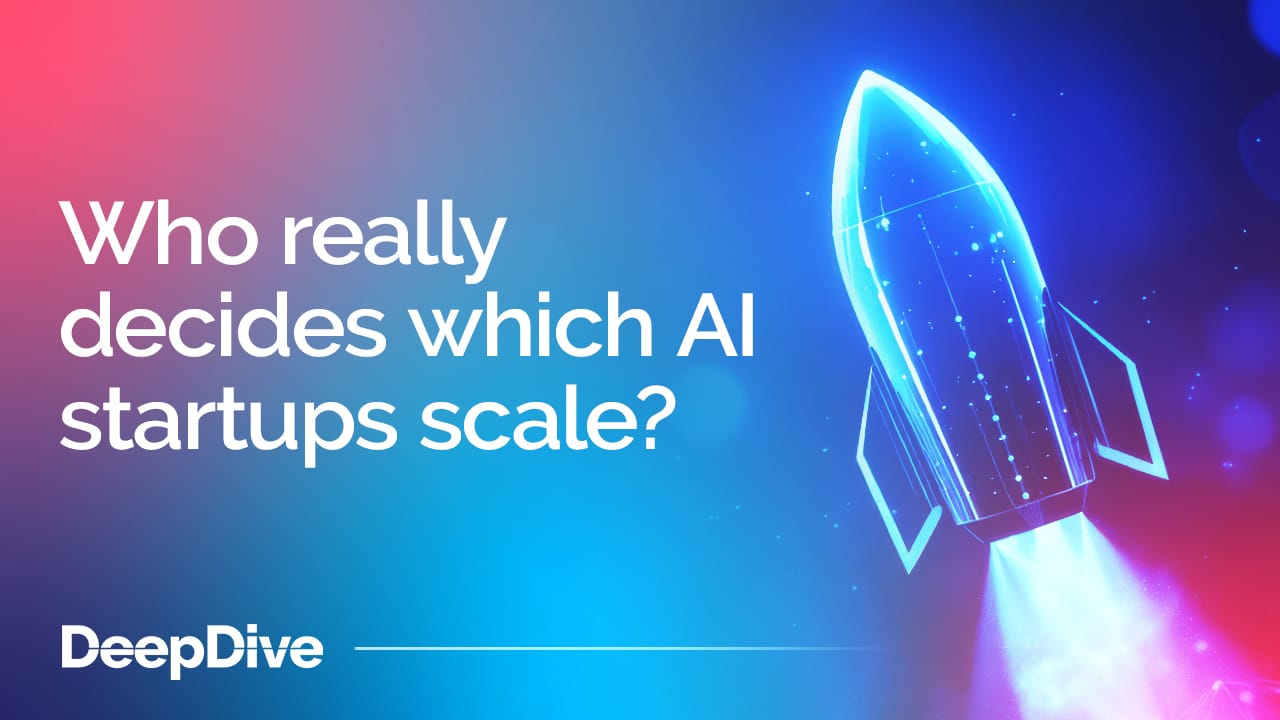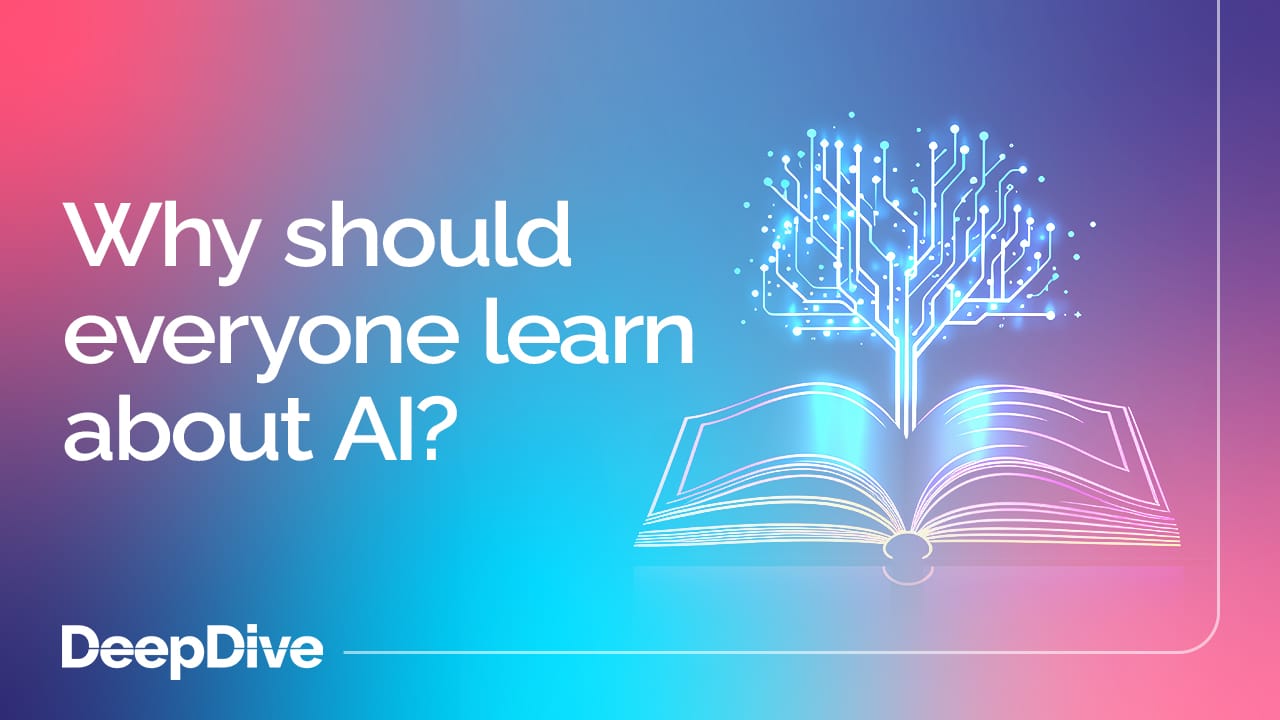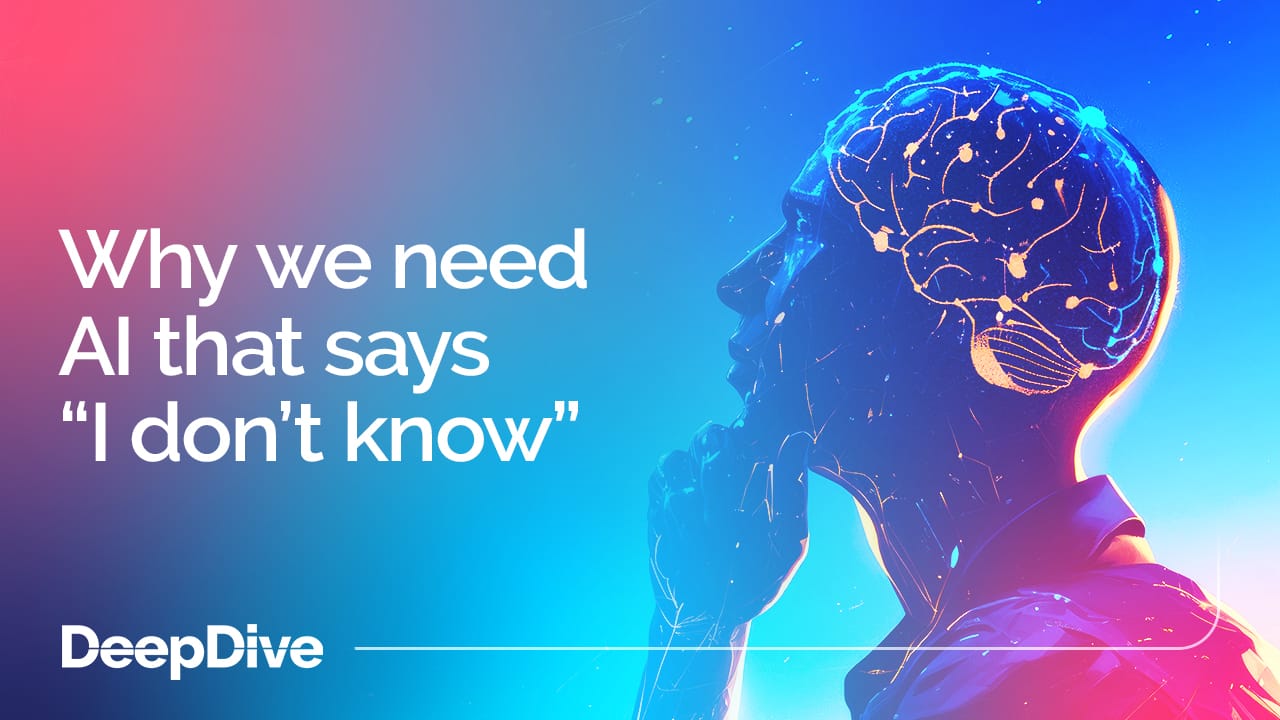

Why should everyone learn about AI?

Welcome to the 13 new deep divers who joined us since last Wednesday.
If you haven’t already, subscribe and join our community in receiving weekly AI insights, updates and interviews with industry experts straight to your feed.
DeepDive
Your weekly immersion in AI.
What’s the one thing a top artificial intelligence expert wishes everyone knew about AI?
Lee Tiedrich wears many hats – from sharing her knowledge as an AI expert for the OECD and advising on AI at NIST, to teaching students as a professor at Duke University, and we caught up with her to get a quick glimpse into her perspective on advancements in AI.
Lee’s sharing her personal views here (not speaking on behalf of any of the organisations she works with) – and here’s what she told us.
What are the biggest challenges you see emerging alongside advancements in AI technology?
“As AI continues transforming our world, society faces the grand challenge of unlocking AI’s tremendous promises while also safeguarding against its harms and risks. Solving this grand challenge requires a global and multi-disciplinary approach where laws and policies are appropriately informed by science, engineering, and other relevant disciplines.
“And at the same time, organisations need multi-disciplinary teams to continuously manage their AI operations throughout the lifecycle to better ensure trusted, legally compliant, and well-performing operations.”
Could you share three things AI developers and/or organisations that leverage AI tools could do to make AI more sustainable?
“First, AI developers and deployers should include sustainability experts in their multi-disciplinary teams to address sustainability throughout the AI lifecycle, starting with the design and extending through development, deployment, and retirement.
“Second, they need to consider both the direct and indirect global impacts on sustainability throughout the AI life cycle. Direct impacts include factors such as energy and water consumption and carbon emissions. Indirect impacts include how the AI system’s use influences behaviours – such as encouraging or discouraging reliance on gasoline-powered vehicles as opposed to more sustainable alternatives.
“Third, they need to focus on accurately measuring AI’s sustainability impacts, as science-backed information is essential, and staying abreast of emerging standards and policies addressing sustainable AI.”
In an ideal world (imagine nothing went wrong, ever), how do you think AI could benefit individuals, organisations, and societies?
“AI holds the promise not only to increase global prosperity and security, but to also advance social good – including by helping to achieve the UN Sustainable Development Goals.
“For instance, when properly deployed, AI can help abate environmental harms, improve health care and education, and reduce world hunger by increasing crop yields. This could improve everyone’s quality of life around the globe and empower people with more knowledge and tools to capitalise on opportunities.”
What's one thing you wish everyone knew about AI?
“I wish everyone knew that there is much they can learn about AI to help them understand how it’s transforming people’s lives. Knowledge can empower people to make choices that will help them make the most of AI’s benefits and protect themselves against the harms and risks.
“While more work needs to be done, there are increasingly more resources available to educate people about AI. And, learning about AI can be both interesting and fun!”
Connect with Lee Tiedrich on LinkedIn.


Predicting life’s first movements – one cell ahead
How geometric deep learning forecasts cell development

Related
articles


Predicting life’s first movements – one cell ahead
How geometric deep learning forecasts cell development

